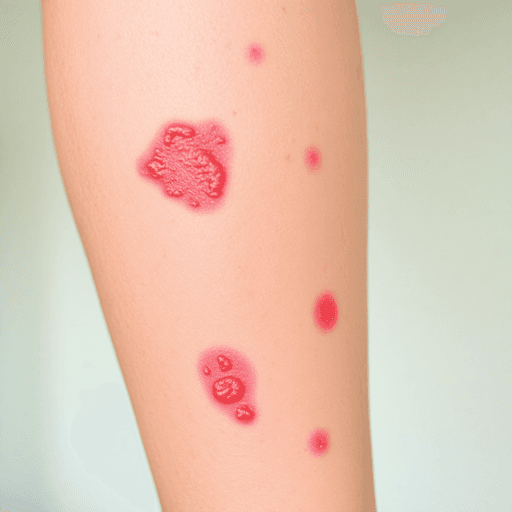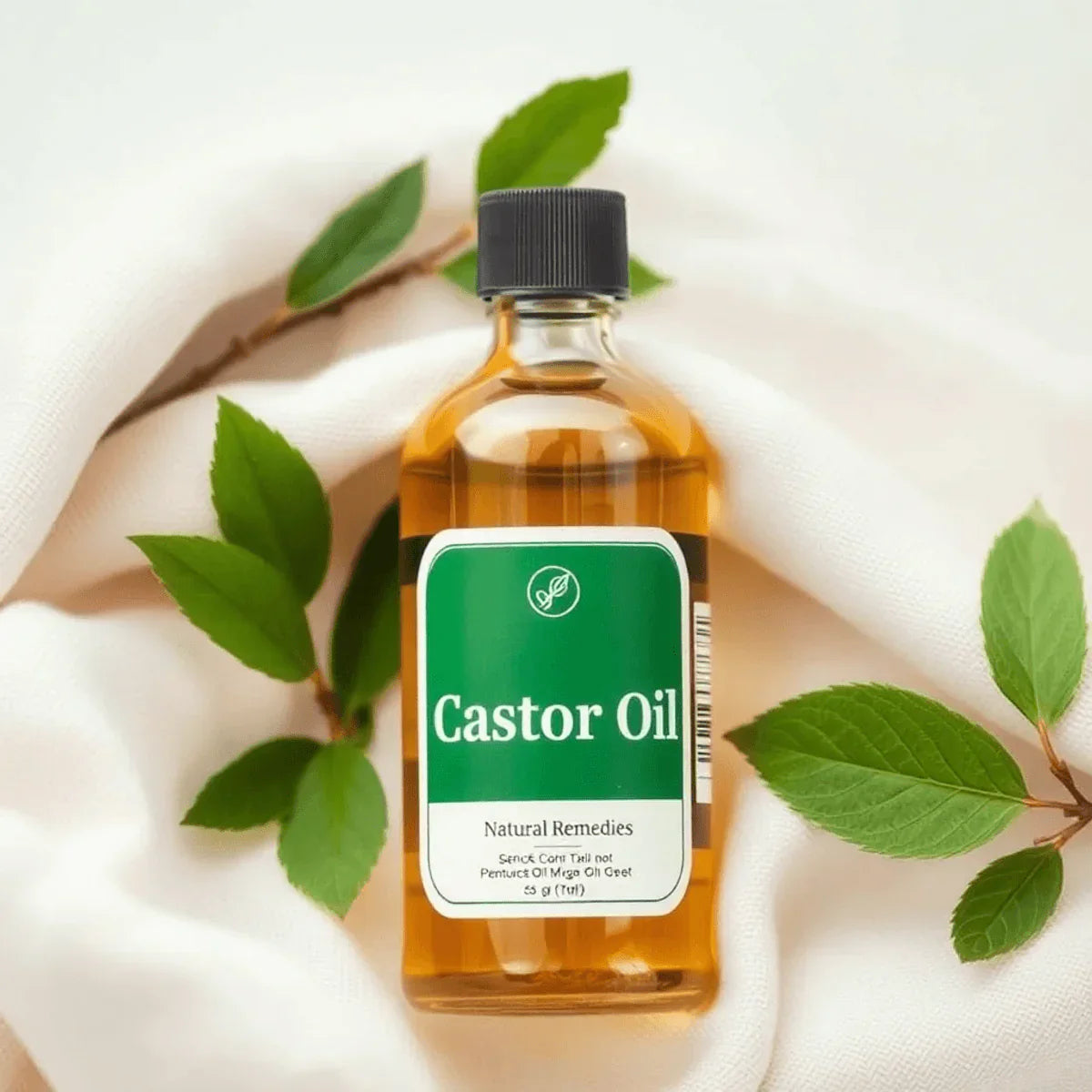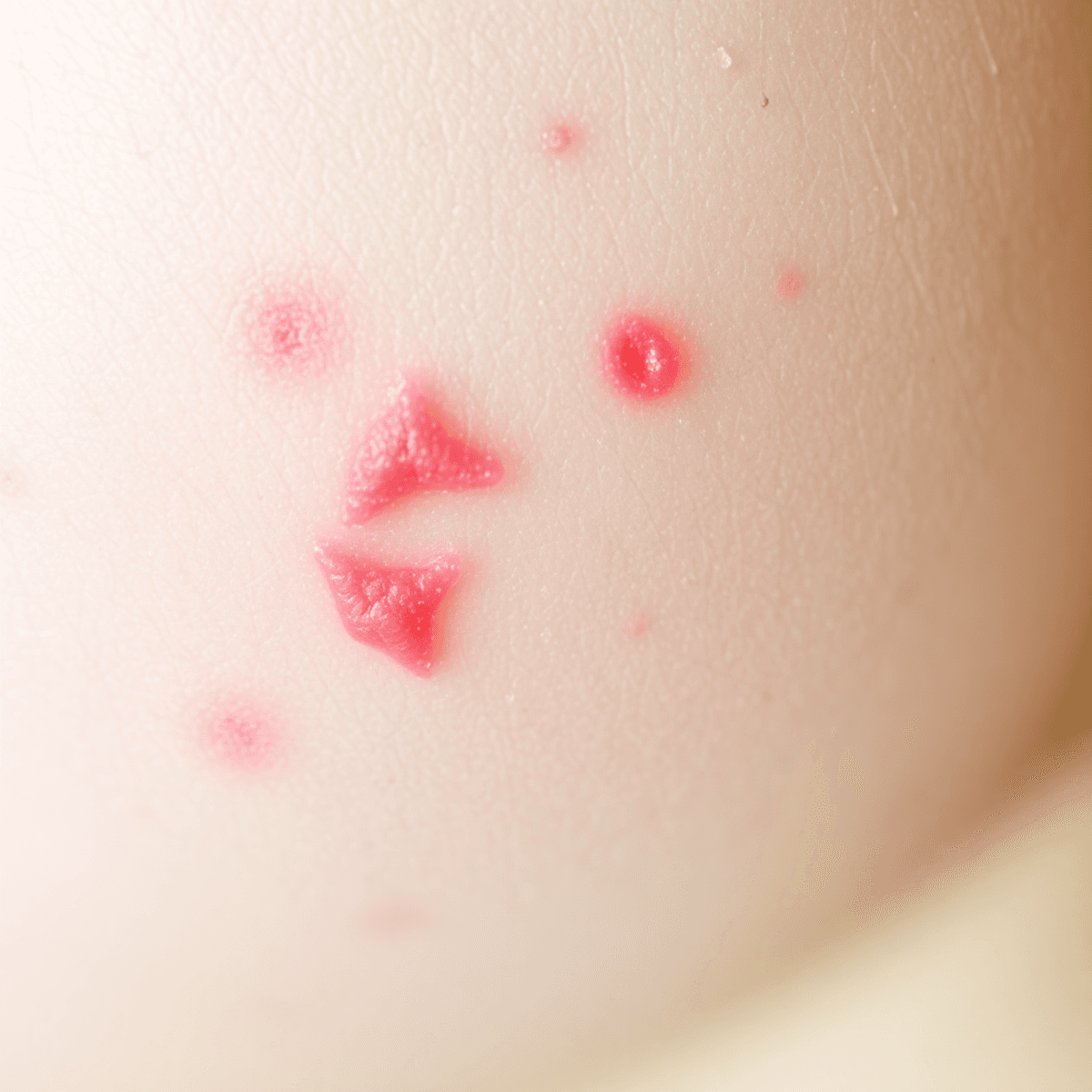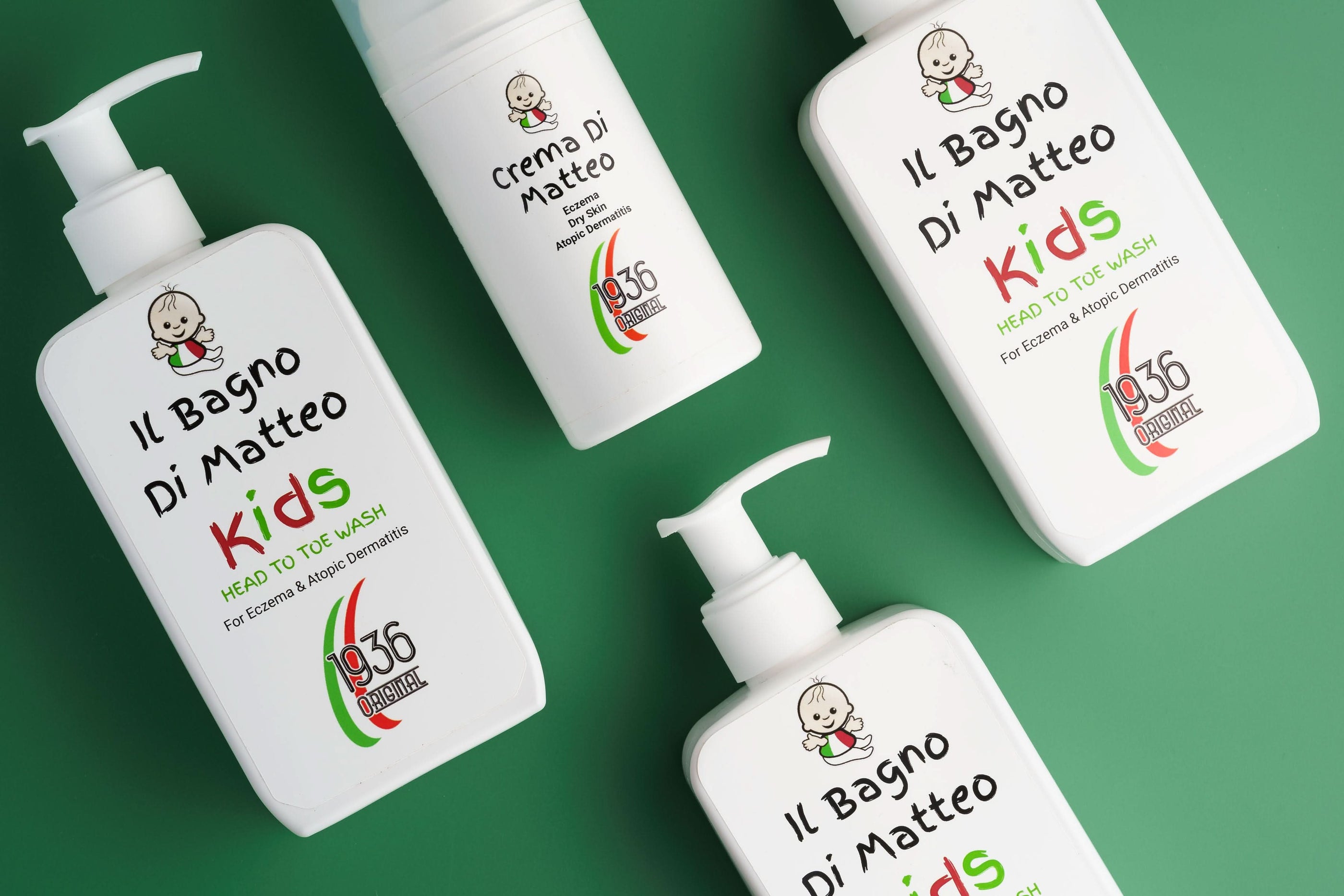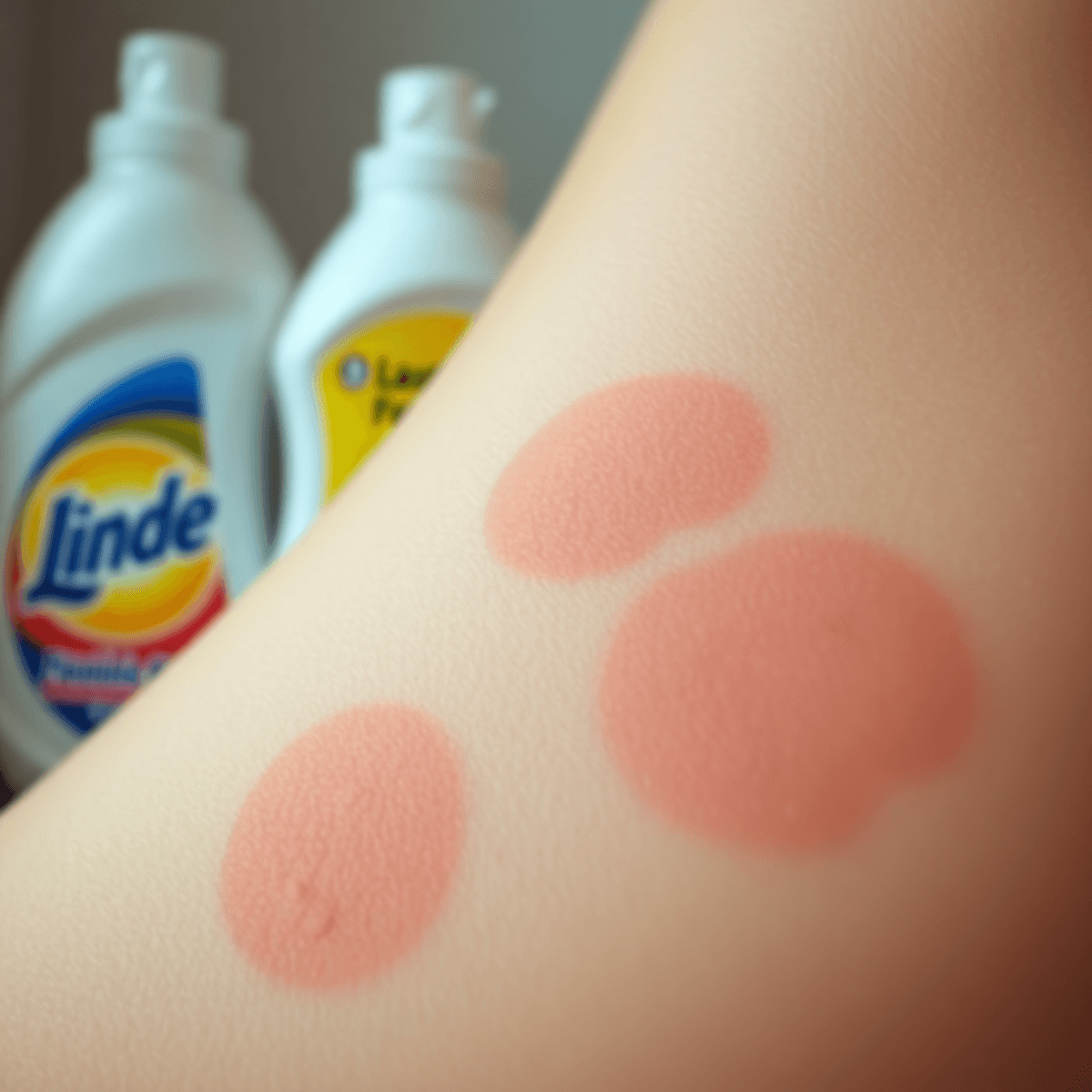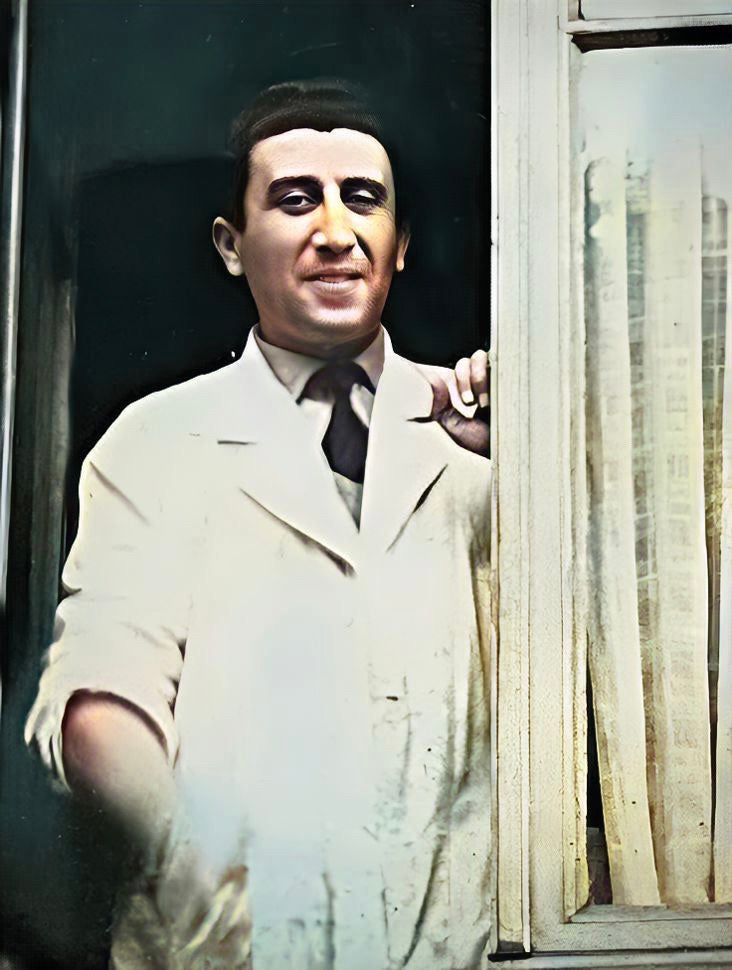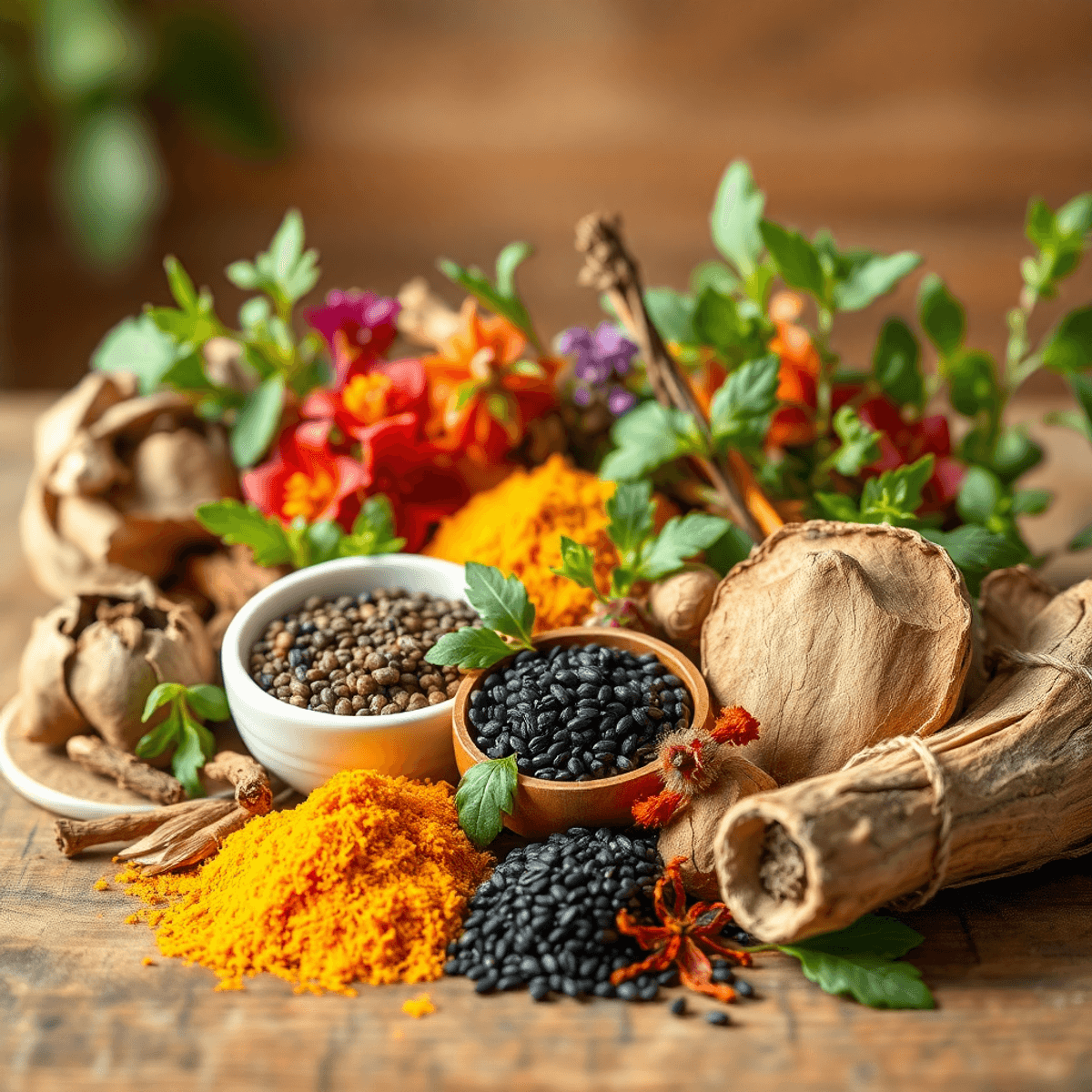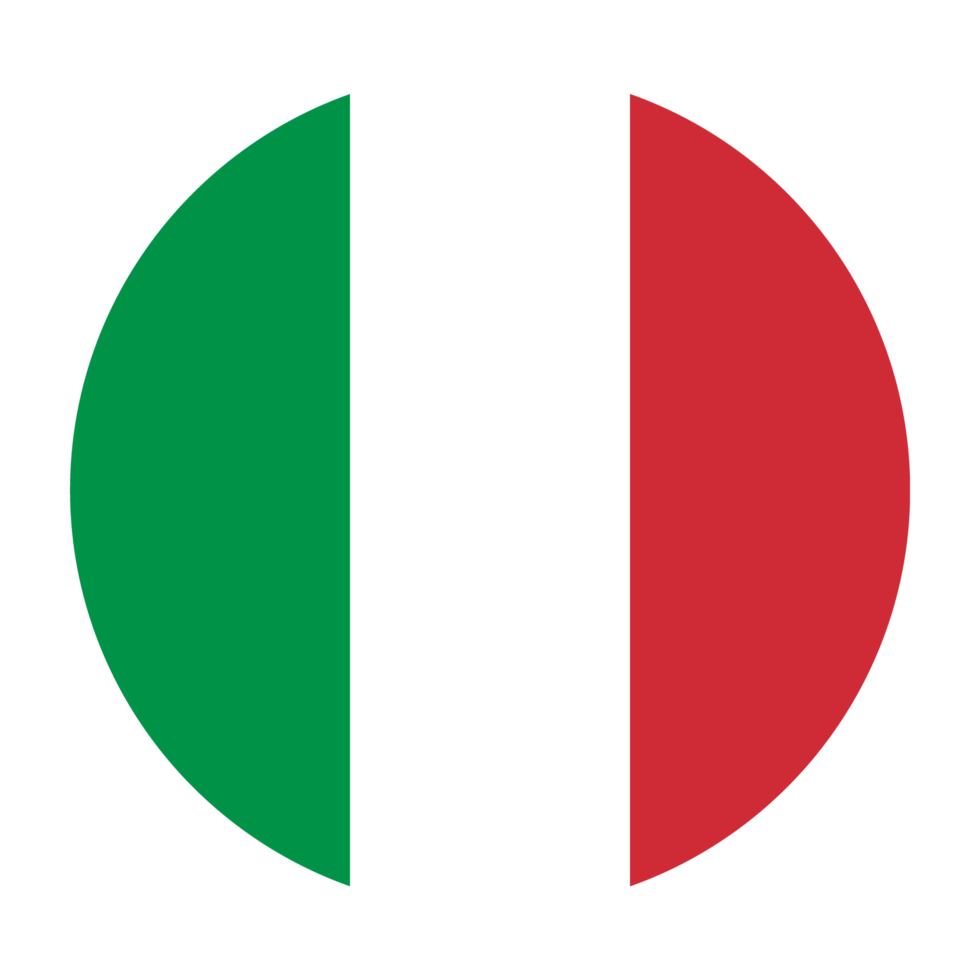Vulvar Dermatitis: Symptoms, Diagnosis, and Relief Strategies

Understanding Vulvar Dermatitis
Vulvar dermatitis is a specific form of eczema that affects the sensitive skin of the vulva - the external female genital area. This inflammatory skin condition can cause significant discomfort and impact daily life.
Common Symptoms:
- Persistent itching in the vulvar region
- Redness and inflammation
- Dry, scaly patches of skin
- Burning or stinging sensations
- Thickened skin from chronic scratching
- Small cracks or fissures in the skin
The development of vulvar Dermatitis often stems from multiple factors working in combination:
Genetic Factors
- Family history of eczema or atopic conditions
- Inherited skin barrier dysfunction
- Immune system variations
Environmental Triggers
- Harsh soaps and body washes
- Scented feminine hygiene products
- Synthetic underwear materials
- Laundry detergents with fragrances
- Tight-fitting clothing
- Excessive moisture in the area
Other Contributing Factors
- Bacterial or yeast infections
- Hormonal changes
- Stress levels
- Climate conditions
- Personal hygiene practices
Understanding these triggers is crucial for managing vulvar Dermatitis effectively. The condition can be chronic, with periods of flare-ups and remission, but identifying and avoiding specific triggers can help reduce symptom severity.
Types of Eczema Related to Vulvar Dermatitis
Several distinct types of eczema can affect the vulvar area, each presenting unique characteristics and treatment requirements:
1. Atopic Dermatitis
- Most common form affecting the vulvar region
- Characterised by intense itching and dry, scaly patches
- Often appears alongside other allergic conditions
- Can be triggered by stress, hormones, or environmental factors
- Treatment options include specialised products such as eczema body wash or eczema cream that provide relief from symptoms
2. Contact Dermatitis
- Develops from direct contact with irritants or allergens
- Two main subtypes:
- Irritant contact dermatitis: caused by soaps, detergents
- Allergic contact dermatitis: triggered by specific allergens
- Managing this condition may involve using gentle cleansers like those in our eczema treatment collection
3. Seborrhoeic Dermatitis
- Creates red, scaly patches in areas with high oil production
- Often accompanied by white or yellow flakes
- Can be exacerbated by yeast overgrowth
4. Lichen Simplex Chronicus
- Develops from persistent scratching
- Creates thick, leathery skin patches
- Forms a challenging itch-scratch cycle
These conditions can coexist or share symptoms with other skin conditions like eczematous cheilitis and perioral Dermatitis. The specific type affects treatment choices and management strategies. A dermatologist can perform patch testing and detailed examinations to determine the exact form of eczema present.
Identifying Symptoms of Vulvar Dermatitis
Vulvar dermatitis presents distinct symptoms that can significantly impact daily comfort. Learning to identify these signs helps you seek appropriate treatment promptly.
Primary Symptoms:
- Intense itching in the vulvar area
- Burning or stinging sensations
- Redness and swelling
- Dry, scaly patches
- Small cracks or fissures in the skin
- Thickened skin from persistent scratching
The symptoms of vulvar Dermatitis differ from other forms of eczema. While perioral eczema causes visible redness around the mouth, vulvar dermatitis symptoms remain hidden yet cause significant discomfort. The vulvar area's sensitive nature can intensify these symptoms.
Warning Signs to Watch:
- Changes in skin texture
- Persistent discomfort lasting more than a week
- Spread of symptoms to surrounding areas
- Development of open sores
- Pain during urination
- Disrupted sleep due to itching
Early recognition of these symptoms enables swift intervention. You might notice symptoms worsen during certain activities or times of day. Keeping track of these patterns helps identify triggers and manage the condition effectively.
Physical Changes:
- Skin colour variations from pink to deep red
- Possible whitish patches
- Rough or leathery texture
- Visible skin lines or creases
- Swollen or puffy appearance
For more insights on understanding various skin conditions, including atopic eczema and Dermatitis, their causes, symptoms, and effective treatment options, check out this resource.
Treatment Options for Vulvar Dermatitis
Effective treatment of vulvar Dermatitis requires a targeted approach based on symptom severity. Medical professionals typically recommend a combination of treatments to manage this condition.
Prescription Medications
- Topical corticosteroids: Low to medium-strength creams reduce inflammation and itching
- Calcineurin inhibitors: Non-steroidal alternatives like tacrolimus or pimecrolimus help control immune responses
- Antihistamines: Oral medications can help reduce itching sensations
Over-the-Counter Solutions
- Colloidal oatmeal products: Create a protective barrier and soothe irritated skin
- Emollients: Lock in moisture and prevent skin dryness
- Gentle cleansers: pH-balanced products designed for sensitive skin
The severity of your symptoms determines the appropriate treatment path. Mild cases often respond well to over-the-counter remedies, while moderate to severe cases require prescription-strength medications.
Treatment Application Guidelines
- Apply medications sparingly to affected areas
- Use treatments at specific times as directed by your healthcare provider
- Monitor skin response to treatments
- Keep the vulvar area clean and dry
- Avoid scratching treated areas
Some patients benefit from alternating between different treatment options. A dermatologist can create a personalised treatment plan that addresses your specific symptoms and concerns.
Natural Remedies for Vulvar Dermatitis
Natural remedies offer gentle relief for vulvar dermatitis symptoms whilst supporting your skin's healing process. These treatments can be particularly beneficial for those seeking alternatives to conventional medications.
Coconut Oil
- Rich in lauric acid with antimicrobial properties
- Creates a protective barrier to lock in moisture
- Apply a thin layer to affected areas twice daily
- Use virgin, unrefined coconut oil for best results
Aloe Vera Gel
- Provides cooling sensation to reduce discomfort
- Contains anti-inflammatory compounds
- Helps restore skin's natural moisture balance
- Select pure aloe vera gel without added fragrances
Colloidal Oatmeal
- Creates protective barrier on irritated skin
- Reduces itching and inflammation
- Add to lukewarm bath water for relief
- Available in pre-packaged bath treatments
Important Considerations
- Patch test new remedies on a small area first
- Wait 30 minutes between natural remedies and prescribed medications
- Stop use if irritation occurs
- Natural therapies work best for mild symptoms
- Consult your healthcare provider before combining with prescription treatments
These natural options, which include all-natural ingredients that can complement your treatment plan, but shouldn't replace prescribed medications without medical guidance. Your skin's response to natural remedies varies, so monitor changes closely and adjust usage accordingly.
Lifestyle Changes for Managing Vulvar Dermatitis
Managing vulvar Dermatitis requires a holistic approach that extends beyond medical treatments. Simple lifestyle adjustments can significantly reduce flare-ups and improve your comfort.
Diet Modifications
- Eliminate spicy foods and acidic ingredients from your diet
- Add anti-inflammatory foods like leafy greens and omega-3 rich fish
- Keep a food diary to identify potential trigger foods
- Stay hydrated with at least 8 glasses of water daily
Skincare Routine Adjustments
- Choose fragrance-free, hypoallergenic products
- Avoid harsh soaps and cleansers
- Wear loose-fitting, breathable cotton underwear
- Use gentle, dye-free laundry detergents
- Pat dry after bathing rather than rubbing
Stress Management Techniques
- Practice daily meditation or deep breathing exercises
- Engage in gentle exercises like yoga or walking
- Maintain regular sleep patterns
- Consider mindfulness practices
- Schedule regular relaxation time
Environmental Changes
- Keep the vulvar area dry and well-ventilated
- Avoid prolonged exposure to moisture
- Remove wet swimwear promptly
- Use soft, unscented toilet paper
- Consider using a portable bidet for gentle cleaning
These lifestyle modifications work best when implemented consistently alongside your prescribed treatment plan. Regular monitoring of your symptoms can help identify which changes provide the most benefit for your specific situation.
When to Seek Professional Help with Vulvar Dermatitis?
Recognising the right time to seek medical attention for vulvar Dermatitis can prevent complications and ensure proper treatment. Here are key signs that indicate you need professional consultation:
Immediate Medical Attention Required:
- Severe pain or discomfort interfering with daily activities
- Bleeding or open sores in the vulvar area
- Signs of infection (warmth, swelling, discharge)
- Persistent symptoms lasting more than two weeks
- Sleep disruption due to intense itching
Professional Treatment Options
Your healthcare provider might recommend:
- Prescription-Strength Medications:Topical steroids tailored to sensitive areas
- Antihistamines for severe itching
- Antifungal treatments if infection is present
- Advanced Treatments:Biologics (injectable medications targeting immune responses)
- Phototherapy for severe cases
- Immunosuppressants for resistant symptoms
Red Flags During Self-Treatment:
- Worsening symptoms despite using over-the-counter treatments
- Spreading of affected areas beyond the vulvar region
- Development of new symptoms
- Impact on intimate relationships or quality of life
Your healthcare provider can perform proper diagnostic tests to identify underlying causes and create a targeted treatment plan for your specific condition.
Support Networks and Resources for Individuals with Vulvar Dermatitis
Living with vulvar Dermatitis can feel isolating, but you're not alone. MyEczemaTeam offers a dedicated support network where individuals share their experiences, challenges, and victories in managing this condition.
Key Benefits of MyEczemaTeam:
- Connect with others who understand your daily challenges
- Access practical advice on lifestyle modifications
- Share and discover product recommendations
- Learn about treatment experiences from real people
- Receive emotional support during difficult flare-ups
The platform creates a safe space for discussing sensitive topics related to vulvar Dermatitis. Members often share valuable insights about:
- Effective moisturising routines
- Clothing choices that minimise irritation
- Successful dietary modifications
- Stress management techniques
- Personal experiences with different treatments
Beyond online communities, several organisations provide educational resources and support:
- National Eczema Association
- British Association of Dermatologists
- Local support groups through hospitals and clinics
These networks help you stay informed about the latest treatment options and research developments. You'll find that sharing experiences and learning from others can make a significant difference in managing vulvar Dermatitis effectively.
Remember: While support groups provide valuable emotional support and practical advice, they don't replace professional medical guidance.
FAQs
What is vulvar Dermatitis?
Vulvar dermatitis is a specific form of eczema that affects the vulvar area, presenting distinct symptoms and requiring targeted treatment.
What are the primary symptoms of vulvar Dermatitis?
The primary symptoms include intense itching in the vulvar area, burning or stinging sensations, and changes in skin texture. Physical changes may also occur, such as skin colour variations from pink to deep red.
What types of eczema are related to vulvar Dermatitis?
Several distinct types of eczema can affect the vulvar area, including Atopic Dermatitis, Contact Dermatitis, Seborrhoeic Dermatitis, and Lichen Simplex Chronicus.
What treatment options are available for vulvar Dermatitis?
Effective treatment includes prescription medications like topical corticosteroids, over-the-counter solutions such as colloidal oatmeal products, and natural remedies like coconut oil and aloe vera gel.
How can lifestyle changes help manage vulvar Dermatitis?
Lifestyle changes such as diet modifications (eliminating spicy foods), skincare routine adjustments (using fragrance-free products), stress management techniques (meditation), and maintaining a dry environment can significantly help manage vulvar Dermatitis.
When should I seek professional help for vulvar Dermatitis?
You should seek medical attention if you experience persistent discomfort lasting more than a few days, significant changes in skin texture, or if over-the-counter treatments do not provide relief.


